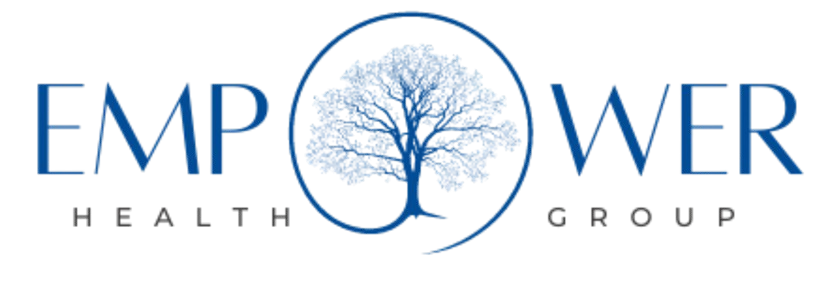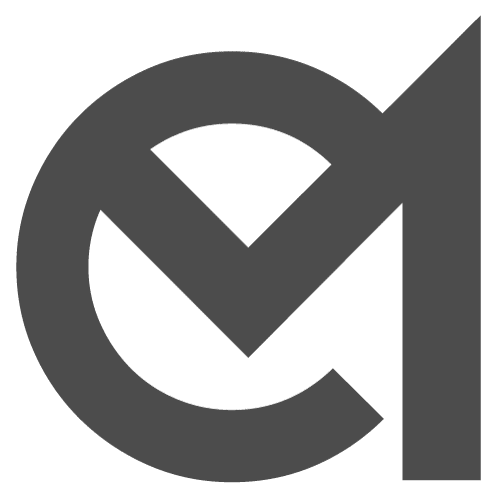Prescription Drug Addiction Treatment

Prescription Drug Addiction Treatment in Southern California at White Oak Recovery Center
If prescription pills have started running your life like an overenthusiastic playlist on repeat, you’re not the first to hit “skip,” and you won’t be the last to find the pause button. At White Oak Recovery Center in Hollywood, California, we understand how prescription drug dependence can creep in quietly and change everything, including mood, sleep, work, relationships, and mental health. Our goal is to meet you where you are: with respect, a steady hand, and practical treatment that fits your life.
What Is Prescription Drug Addiction?
Prescription drug addiction happens when medications prescribed to help, such as opioids, benzodiazepines, stimulants, or certain sedatives, begin to be used in ways that are harmful or beyond the direction of a doctor. Addiction isn’t a moral failing; it’s a health condition that affects the brain and behavior. People can develop strong cravings, tolerance (needing more to get the same effect), and withdrawal symptoms when they stop. At White Oak Recovery Center, we treat the whole person, not just the substance, because addiction and mental health are often closely connected.
What Kind of Treatment Is Recommended for Prescription Drug Addiction?
Treatment depends on the specific medication, how long someone has been using it, co-occurring mental health conditions, and personal circumstances.
Common, evidence-based components include:
- Medically supervised detox, when appropriate.
- Medication-assisted treatment (for certain opioid or benzodiazepine cases under careful medical supervision).
- Individual and group therapy.
- Cognitive-behavioral approaches to change patterns of thinking and behavior.
- Family therapy.
- Relapse prevention planning.
- Support for the practical parts of recovery, including housing, employment, and community resources.
Choosing the right mix is a collaborative decision between you, clinical staff, and our admissions team.
Our Approach at White Oak Recovery Center
As a compassionate prescription drug addiction treatment center, White Oak Recovery Center takes a person-centered approach. We combine medical care, psychotherapy, and life-skill support so people leave stronger and better equipped. Our licensed clinicians screen for co-occurring disorders and tailor care to address anxiety, depression, trauma, or any other mental health issue that may be driving or sustaining the addiction. We strive to make treatment clear, jargon-free, and respectful, because recovery works best when people feel understood.
What to Expect in Our Prescription Drug Addiction Treatment Program
Our prescription drug addiction treatment program begins with a confidential assessment that helps us understand the medication involved, medical risks, mental health needs, and social circumstances. From there, a personalized plan is developed. Typical phases of care include:
- A safe, medically supervised withdrawal or stabilization period, if needed.
- Individual therapy (skill building, trauma-informed care, motivational interviewing).
- Group therapy and peer support to rebuild connections and reduce isolation.
- Family education and therapy to repair relationships and set healthy boundaries.
- Aftercare planning, including outpatient therapy, support groups, and community referrals.
Because people come to us from across the region, White Oak Recovery Center operates as a trusted prescription drug addiction treatment center in southern California, offering resources for ongoing recovery in and beyond Hollywood.
Admissions and Next Steps
Reaching out is often the most difficult step, but you don’t have to do it alone. Our admissions team is available to answer questions about intake, insurance, and what to bring. Calls and assessments are confidential, nonjudgmental, and designed to match you with the right level of care. Whether you need inpatient stabilization or an outpatient program, we’ll help guide you through the logistics and the emotional side of getting started.
Why choose us? Because when people in Hollywood and beyond are ready to make a change, they deserve clinical excellence without clinical coldness. We blend medical oversight, qualified therapists, and recovery-focused life planning, all anchored by compassion and practical support.
If prescription medication is interfering with your life or the life of someone you love, help is available. White Oak Recovery Center offers caring, evidence-based Drug rehabilitation in California with an emphasis on mental health and lasting recovery. Call our admissions team today to learn about individualized treatment options and how to take the next step. You don’t need to have it all figured out, just the willingness to reach out.







